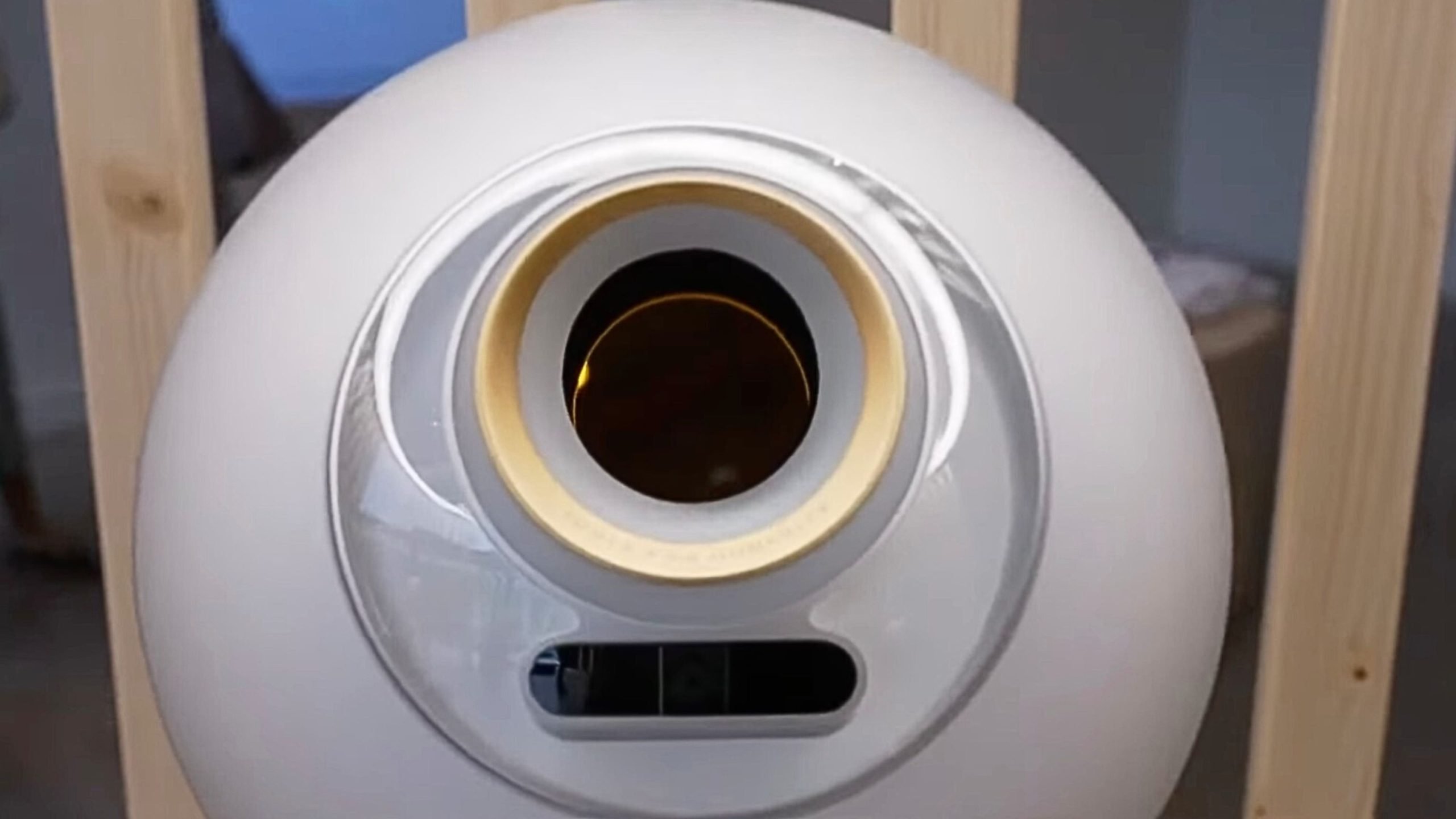Mythical Games Integrates Sam Altman’s World ID for Player Verification

Mythical Games has entered into a partnership with Sam Altman’s World ID project to bring biometric identity checks into its gaming ecosystem, a move that is drawing new scrutiny over the use of real-world ID tools in digital entertainment.
The collaboration will introduce World ID verification across major Mythical titles, including NFL Rivals, FIFA Rivals, and Pudgy Party.
The system relies on biometric scans to confirm that players are genuine humans, a method the companies say will reduce bot-driven fraud, leaderboard tampering, and manipulation of in-game economies.
Yet linking gameplay to biometric data has raised concern among privacy advocates, who warn that it could normalize intrusive identification practices in everyday online experiences.
“Mythical is teaming up with World to bring proof of human and trust into the next era of gaming,” said John Linden, CEO of Mythical Games. “Our goal is to make every player (whether in FIFA Rivals, Pudgy Party, or NFL Rivals) part of a verified global economy where digital ownership and fair play are guaranteed.”
More: OpenAI CEO Sam Altman Pitches Eyeball-Scanning World ID to Bankers
Ajay Patel, Head of World ID at Tools for Humanity, framed the partnership as essential in the face of increasingly capable AI systems. “Proof of human restores trust to that equation,” Patel said.
“By integrating it into Mythical’s ecosystem, we’re giving millions of gamers the ability to prove they’re real and ensuring that ownership, creativity, and competition all remain human.”
The two companies are also working together on Mythos Chain, a new Layer 3 blockchain that will operate on top of World Chain’s Layer 2 infrastructure.
World’s iris-scanning verification has faced repeated regulatory challenges in various countries, largely due to questions about how biometric data is collected, stored, and potentially shared.
Linking such data to gaming accounts, often involving minors and large global audiences, has raised concerns that personal identifiers could become another layer of information vulnerable to misuse.
World, formerly known as Worldcoin, has continued to expand its “proof of humanity” network worldwide, marketing it as a way to protect authenticity in the age of AI.
However, concerns remain about whether biometric authentication should be treated as a prerequisite for participation in online economies.
World, which rebranded from Worldcoin earlier this year, continues to roll out its iris-scanning identity system worldwide under the banner of “proof of humanity.”
While the company presents it as a safeguard against AI impersonation and online fraud, its reliance on biometric data has triggered investigations in several regions over privacy and data protection concerns.
Regulators have questioned how sensitive eye-scan information is stored, who can access it, and whether users can meaningfully consent to such collection.